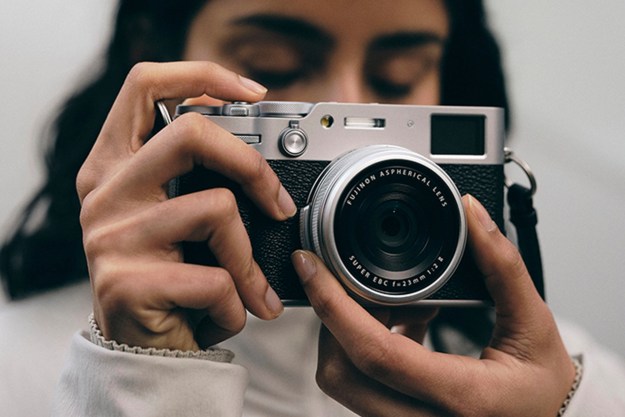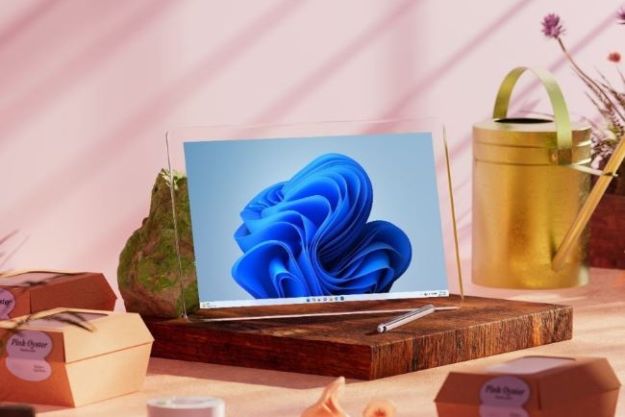
After apologizing to users, FaceApp changed the name of the filter to “spark,” and the app says a complete fix is currently in progress. The app uses artificial intelligence to edit selfies, with capabilities extending from turning frowns into smiles to making people look younger or even switching gender.
Yaroslav Goncharov, the app’s CEO and creator, told The Guardian that the skin lightening was a result of a training bias in the neural network and not an intended effect. Neural networks are trained by feeding the computer thousands of images. If those thousands of images tend to be almost all one race, the resulting artificial intelligence platform is biased towards that race.
So I downloaded this app and decided to pick the “hot” filter not knowing that it would make me white. It’s 2017, c’mon guys smh#FaceApp pic.twitter.com/9U9dv9JuCm
— Shahquelle L. (@RealMoseby96) April 20, 2017
FaceApp only launched earlier this year, with the iOS release in January and the Android following a month later, but it’s currently seeing a surge in popularity and adding around 700,000 users daily.
The FaceApp fiasco isn’t the first time AI has become embroiled in skin-tone issues — recent MIT research showed that facial recognition systems have trouble identifying dark-skinned faces, for example. The issue is also exemplified when software engineers use the same open-source training data set for their own apps, moving the bias further into more programs, the research suggests. While FaceApp does use some open-source AI, the AI behind the “hotness” filter was reportedly developed by the company, so the skin-tone favoritism is likely a result of the company itself failing to use diverse images to train the platform.
Other facial filters have also come under fire for favoring certain races and stereotyping others — last year Snapchat removed the “yellowface” filter that turned faces into Asian caricatures with squinting eyes. While many users like the ability to enhance their selfies, the effects are leaving some users asking, who’s supposed to define what “hotness” looks like anyway?
Editors' Recommendations
- Is Gradient the next FaceApp? What you need to know about the new look-alike app
- Worried about how FaceApp is using your photos? Here’s how to delete your data




